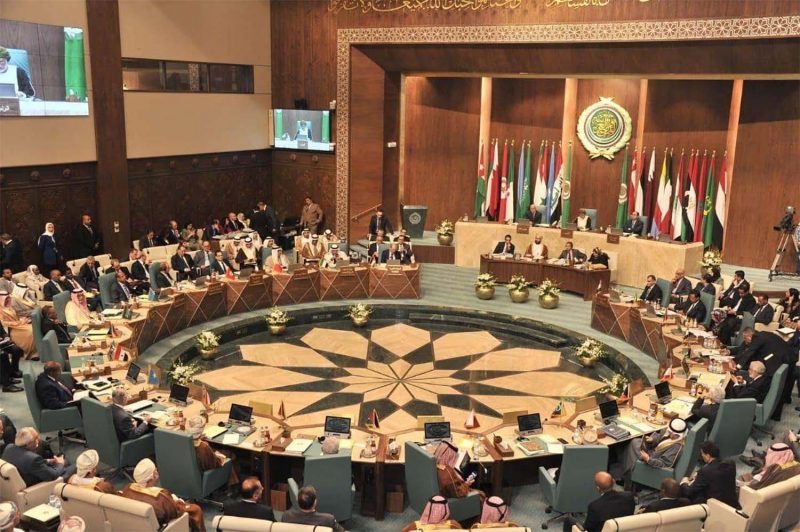While the exact agenda has not been revealed, it would likely focus on issues concerning the Arab nations.
Saudi Crown Prince Mohammed bin Salman (MbS) will not be attending next month’s Arab League summit in Algeria based on advice by his doctor, Riyadh’s news agency (SPA) reported on Sunday.
Scheduled to take place on 1 November, the high-profile summit is set to take place with the attendance of leaders from the Arab bloc.
Citing the Saudi Royal Court, the news agency said medics advised MbS to “avoid long-distance and nonstop travel by plane to avoid pressure trauma to the ear and affecting the middle ear”.
The news agency did not further disclose details on the de-facto Saudi leader’s health condition.
Saudi Arabia’s Foreign Minister Prince Faisal bin Farhan will lead the kingdom’s delegation instead.
MbS, also Saudi Arabia’s new prime minister, apologised to Algeria’s President Abdelmadjid Tebboune over the phone for not being able to attend the summit.
The upcoming meeting was initially scheduled to take place in March this year but was later delayed until November.
While the exact agenda has not been revealed, it would likely focus on issues concerning the Arab nations, including the ongoing war in Yemen, Syria’s decade-long conflict, Libya’s political turmoil, and the ongoing Israeli occupation of Palestine.
The reinstatement of the Syrian regime’s membership in the bloc has appeared to be of importance to Algeria, the host nation, which has expressed its support for Syria’s return to the Arab League.
In July, Algeria’s Foreign Minister Ramtane Lamamra met with Syrian President Bashar Al-Assad in Damascus, where he said “Syria’s absence from the Arab League harms cooperation between Arab countries”.
The meeting came as various Arab nations have appeared to warm towards Syria, including Jordan and the United Arab Emirates.
Qatar has maintained its unwavering stance with regards to the Syrian regime, staunchly refusing normalisation due to Assad’s ongoing flagrant human rights abuses against civilians.
Apart from Qatar, Saudi Arabia and Egypt have also voiced their opposition to the return of the regime to the bloc.
The Syrian regime’s membership was suspended in 2011 for human rights violations committed against civilians at the height of the Arab Spring that pushed the country into a deadly war.
The Syrian Network for Human Rights said that at least 1,271 civilians, including 229 children, and 104 victims of torture were killed in Syria in 2021 alone.
The Arab League’s history
The Arab League was formed in 1945 in an effort to preserve the sovereignty of Arab countries and foster economic growth, while resolving disputes and engaging in regional and political consultations.
Egypt, Syria, Lebanon, Transjordan, Iraq, Yemen, and Saudi Arabia were the first to join the league. Qatar, Oman and the United Arab Emirates later joined the bloc in 1971.
A total of 22 states were involved in the Arab League until 2011 when Syria was suspended following widespread pro-democracy protests that were crushed by the Assad regime.
The league is broken into the Council – the highest level of the league – as well as representatives of member states, which include foreign ministers or permanent delegates.
Members hold meetings twice a year and host emergency sessions upon the request of two members.
